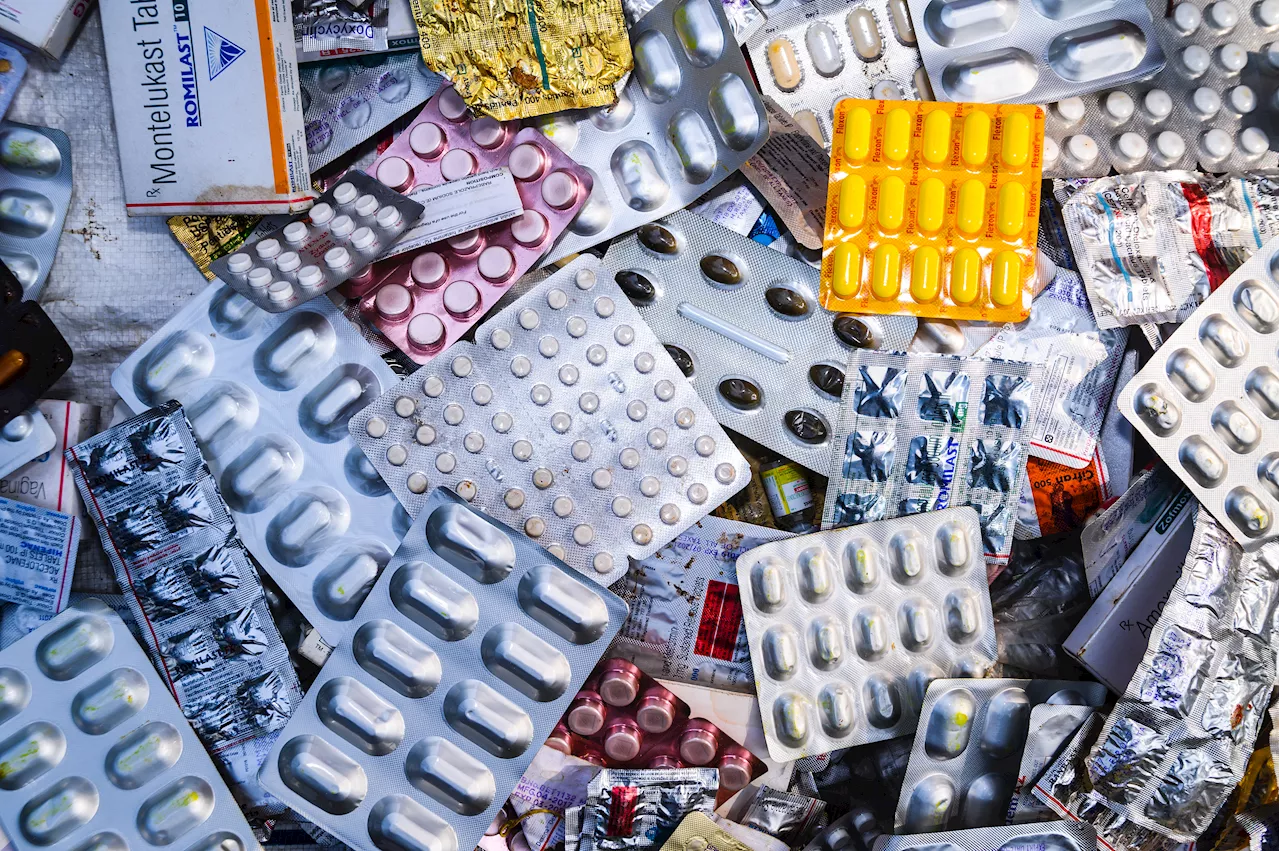The imposition of tariffs on generic drugs imported from China and India is projected to increase the cost of these medications in the United States and worsen existing drug shortages.
The imposition of tariffs on generic drugs imported from China and India is likely to drive up the cost of these medications in the United States and exacerbate existing drug shortages , experts warn. Approximately half of the generic drugs used in the U.S. — encompassing a range of crucial medications such as cancer drugs, antibiotics, and blood thinners — are manufactured entirely overseas.
Furthermore, a significantly larger proportion of the active pharmaceutical ingredients (APIs) utilized in drugs originate from abroad, with around 80% sourced from China and India.According to data provided by the United States Pharmacopeia (USP), a nonprofit organization dedicated to ensuring the safety of the drug supply chain, China's API manufacturing capacity has surged in recent years. In 2023, China boasted approximately 219 API facilities, a substantial increase from 134 in 2021. India continues to hold the position of the world's largest API producer, housing roughly half of all global API facilities.Unlike brand-name drugs, generics are sold at significantly lower prices, often nearing the cost of production. Any disruptions to this supply chain, such as tariffs, could have a cascading effect on prices. While shortages might be immediately apparent, experts anticipate a gradual price increase over the coming months. When generic drugs are channeled through distributors and the supply chain, contracts are typically established that may take several months to expire and be replaced with agreements reflecting higher prices. Vimala Raghavendran, vice president of informatics product development at USP, explained that companies typically maintain several months' worth of API inventory. Consequently, the impact of policy changes may take some time to permeate the supply chain.The Association for Accessible Medicines, a trade group representing generic drug manufacturers, has urged the Trump administration to grant an exemption from the tariffs. John Murphy III, president and CEO of the association, emphasized the reliance of U.S. medicines on a global supply chain already under significant strain. He stated that generic manufacturers are ill-equipped to absorb the added costs imposed by tariffs. Rena Conti, an associate professor at Boston University's Questrom School of Business, pointed out that existing safeguards, such as state anti-price gouging laws and a Biden-era tax on drugmakers raising prices faster than inflation, may mitigate the impact. Conti expressed concern about the potential for hospitals and pharmacies to stockpile drugs to avoid higher costs, a scenario that could exacerbate existing disparities in access to medication
GENERIC DRUGS TARIFFS DRUG SHORTAGES API CHINA INDIA COST INCREASE US PHARMACY
United States Latest News, United States Headlines
Similar News:You can also read news stories similar to this one that we have collected from other news sources.
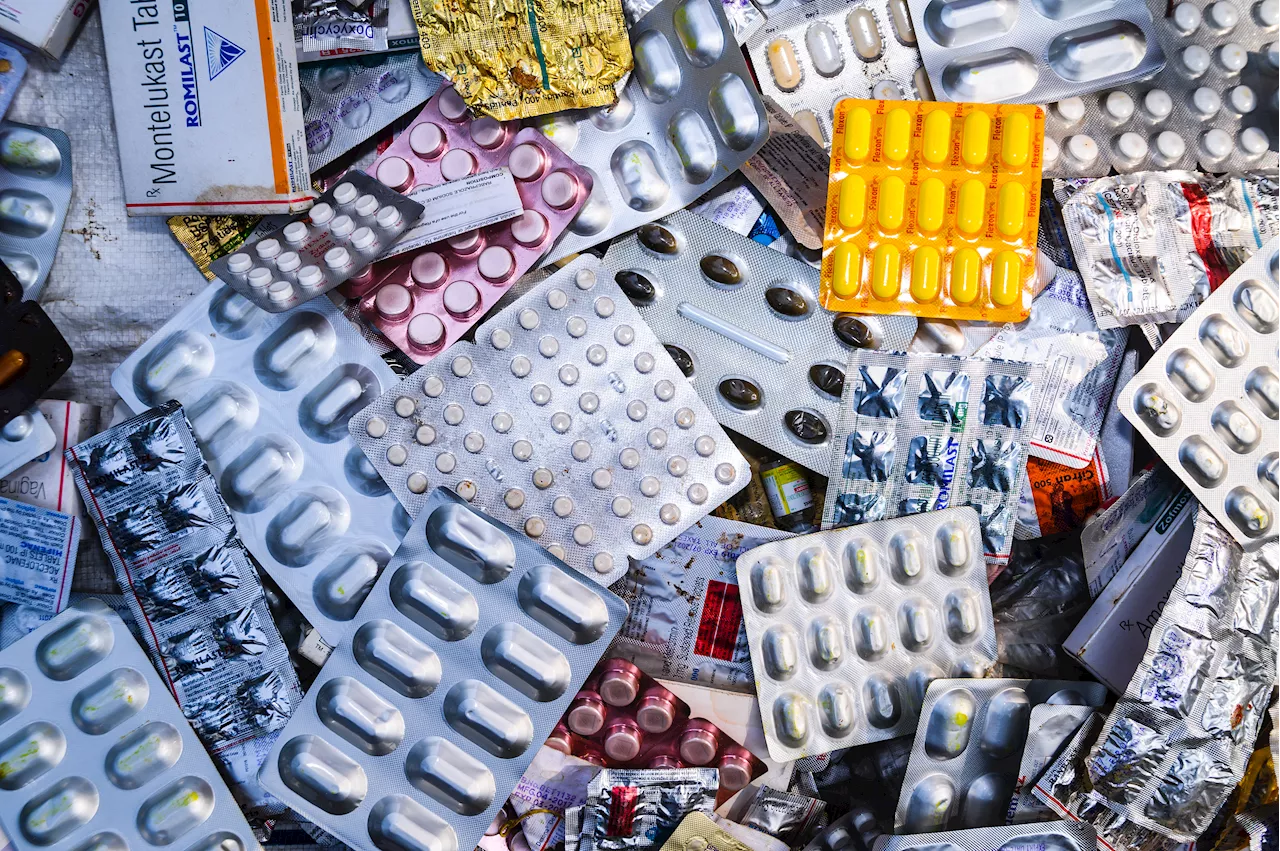 Tariffs on Imported Drugs Threaten Generic Drug Supply and Prices in the USProposed tariffs on imported drugs, particularly active pharmaceutical ingredients (APIs), are expected to drive up the cost of generic medications in the United States and exacerbate drug shortages.
Tariffs on Imported Drugs Threaten Generic Drug Supply and Prices in the USProposed tariffs on imported drugs, particularly active pharmaceutical ingredients (APIs), are expected to drive up the cost of generic medications in the United States and exacerbate drug shortages.
Read more »
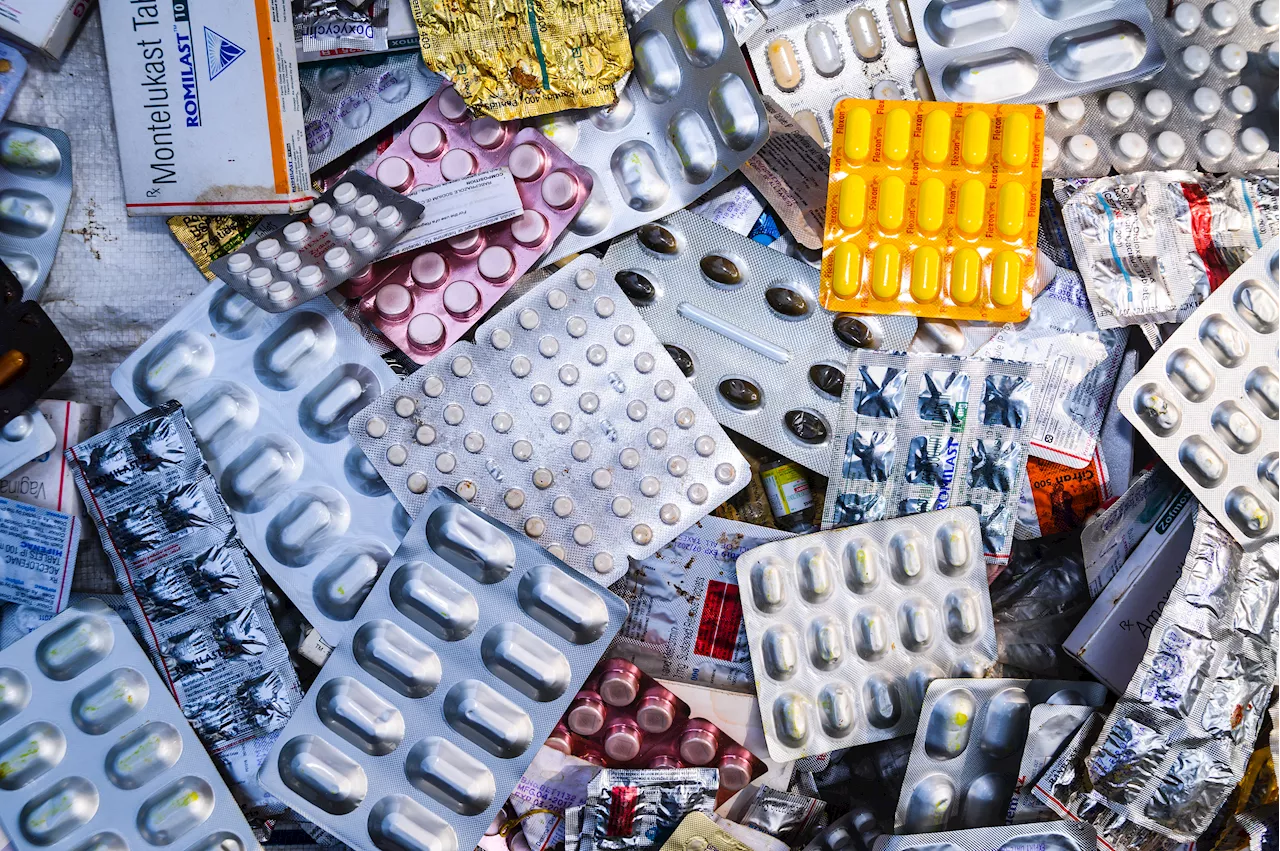 Tariffs on Imported Drugs Threaten US Supply Chain and Drive Up Generic Drug PricesThe US is facing a potential crisis in its generic drug supply chain as newly imposed tariffs on imports from China and other countries threaten to increase costs and create shortages. Experts warn that the impact will be particularly severe for essential medications like cancer treatments, antibiotics, and blood thinners, which are heavily reliant on overseas production.
Tariffs on Imported Drugs Threaten US Supply Chain and Drive Up Generic Drug PricesThe US is facing a potential crisis in its generic drug supply chain as newly imposed tariffs on imports from China and other countries threaten to increase costs and create shortages. Experts warn that the impact will be particularly severe for essential medications like cancer treatments, antibiotics, and blood thinners, which are heavily reliant on overseas production.
Read more »
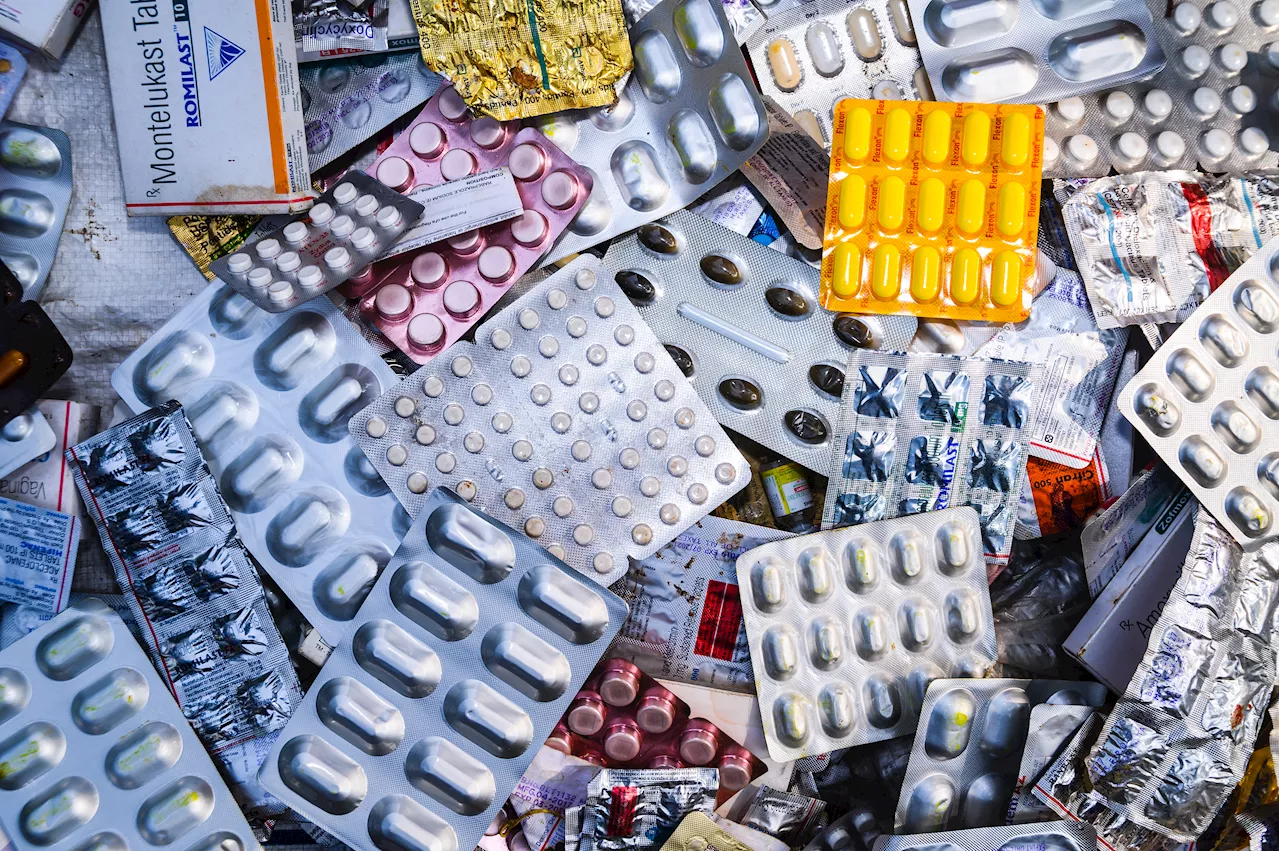 US Tariffs on China and India Could Spike Generic Drug Prices and Fuel ShortagesThe Trump administration's imposition of tariffs on imports from China and India is generating alarm among experts who warn that the move will significantly increase the cost of generic drugs in the United States and likely exacerbate existing drug shortages.
US Tariffs on China and India Could Spike Generic Drug Prices and Fuel ShortagesThe Trump administration's imposition of tariffs on imports from China and India is generating alarm among experts who warn that the move will significantly increase the cost of generic drugs in the United States and likely exacerbate existing drug shortages.
Read more »
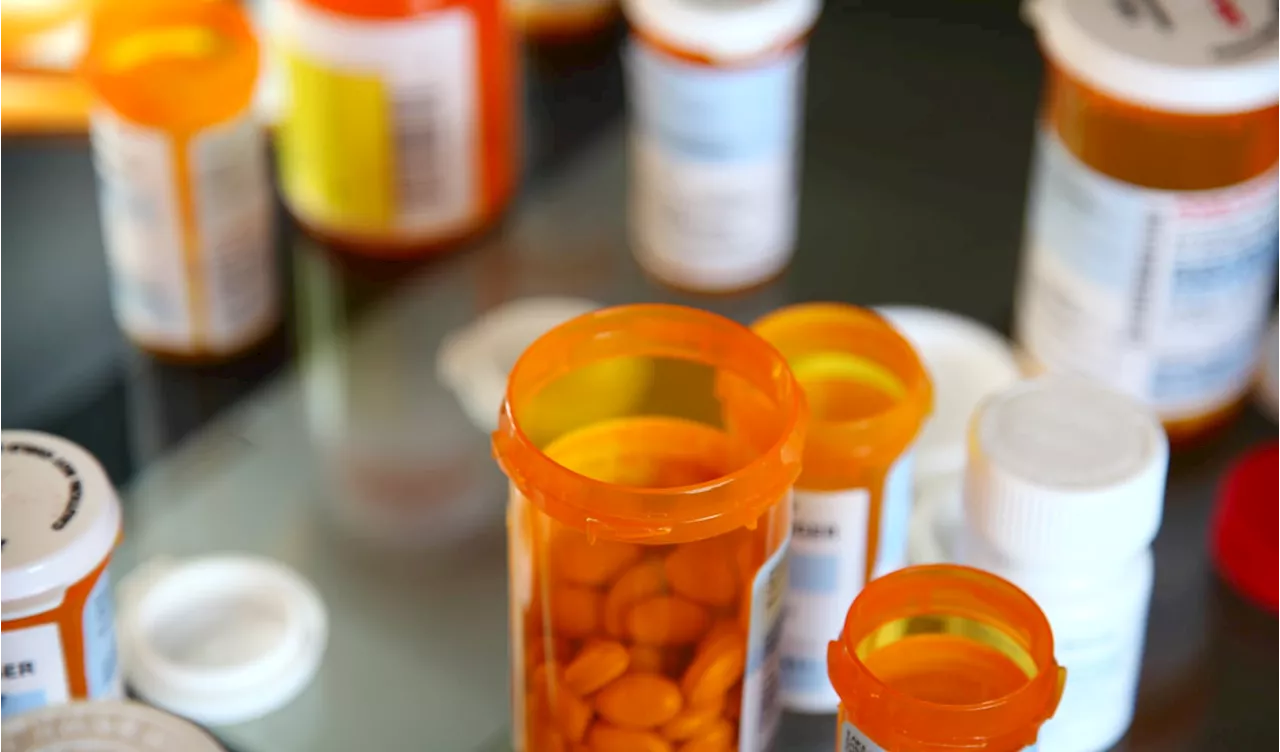 Trump tariffs could raise medication costs and exacerbate shortages, drug trade groups warnThe U.S. relies heavily on other countries for pharmaceutical products, especially for generic drugs.
Trump tariffs could raise medication costs and exacerbate shortages, drug trade groups warnThe U.S. relies heavily on other countries for pharmaceutical products, especially for generic drugs.
Read more »
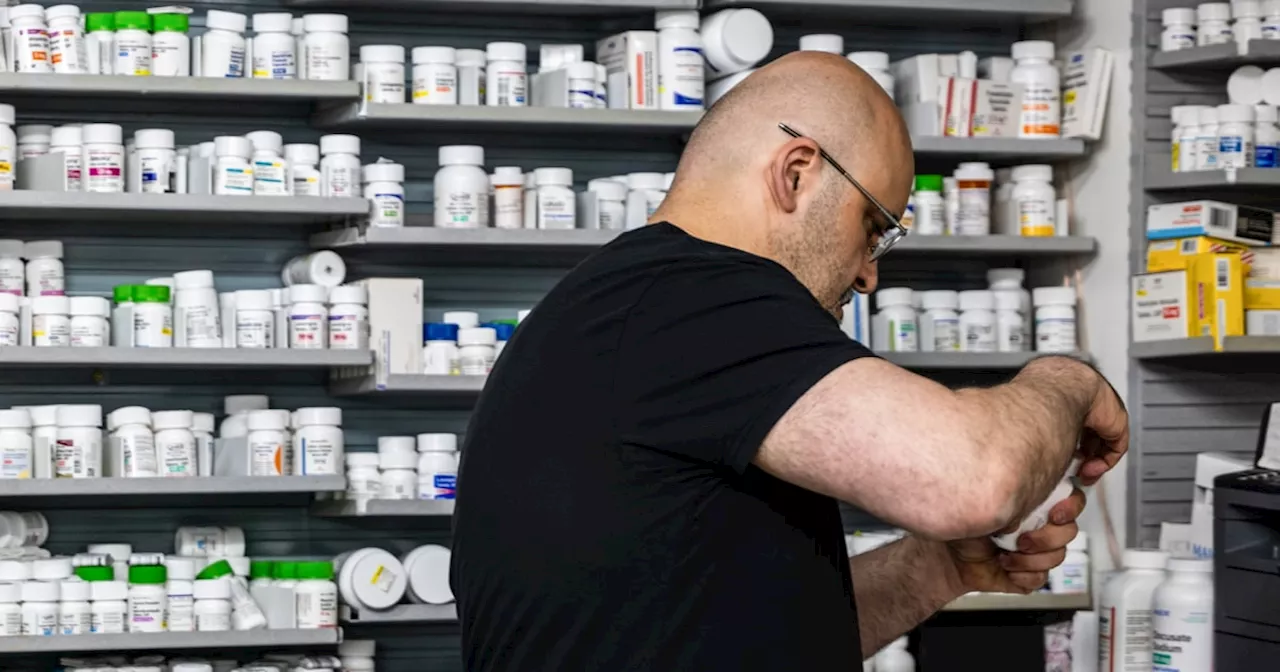 Trump Tariffs on Chinese Imports Expected to Drive Up Generic Drug Prices and Create ShortagesPresident Trump's 10% tariff on Chinese imports is predicted to significantly impact the US pharmaceutical market, leading to higher prices and potential shortages of generic drugs. Experts warn that the reliance on overseas manufacturing for generic medications, coupled with the tariffs, could disrupt the supply chain and disproportionately affect vulnerable communities.
Trump Tariffs on Chinese Imports Expected to Drive Up Generic Drug Prices and Create ShortagesPresident Trump's 10% tariff on Chinese imports is predicted to significantly impact the US pharmaceutical market, leading to higher prices and potential shortages of generic drugs. Experts warn that the reliance on overseas manufacturing for generic medications, coupled with the tariffs, could disrupt the supply chain and disproportionately affect vulnerable communities.
Read more »
 Canada Imposes Retaliatory Tariffs on US Goods in Response to Trump's Fentanyl TariffCanadian Prime Minister Justin Trudeau announced retaliatory tariffs against the US in response to President Donald Trump's tariffs on Canadian imports. Trudeau stated that Canada will be imposing 25% tariffs on $155 billion worth of American goods, with immediate tariffs on $30 billion worth of goods starting Tuesday and further tariffs on $125 billion worth of products in 21 days. These tariffs come after Trump implemented 25% tariffs on Canadian goods imported to the US, citing efforts to curb the fentanyl crisis.
Canada Imposes Retaliatory Tariffs on US Goods in Response to Trump's Fentanyl TariffCanadian Prime Minister Justin Trudeau announced retaliatory tariffs against the US in response to President Donald Trump's tariffs on Canadian imports. Trudeau stated that Canada will be imposing 25% tariffs on $155 billion worth of American goods, with immediate tariffs on $30 billion worth of goods starting Tuesday and further tariffs on $125 billion worth of products in 21 days. These tariffs come after Trump implemented 25% tariffs on Canadian goods imported to the US, citing efforts to curb the fentanyl crisis.
Read more »
